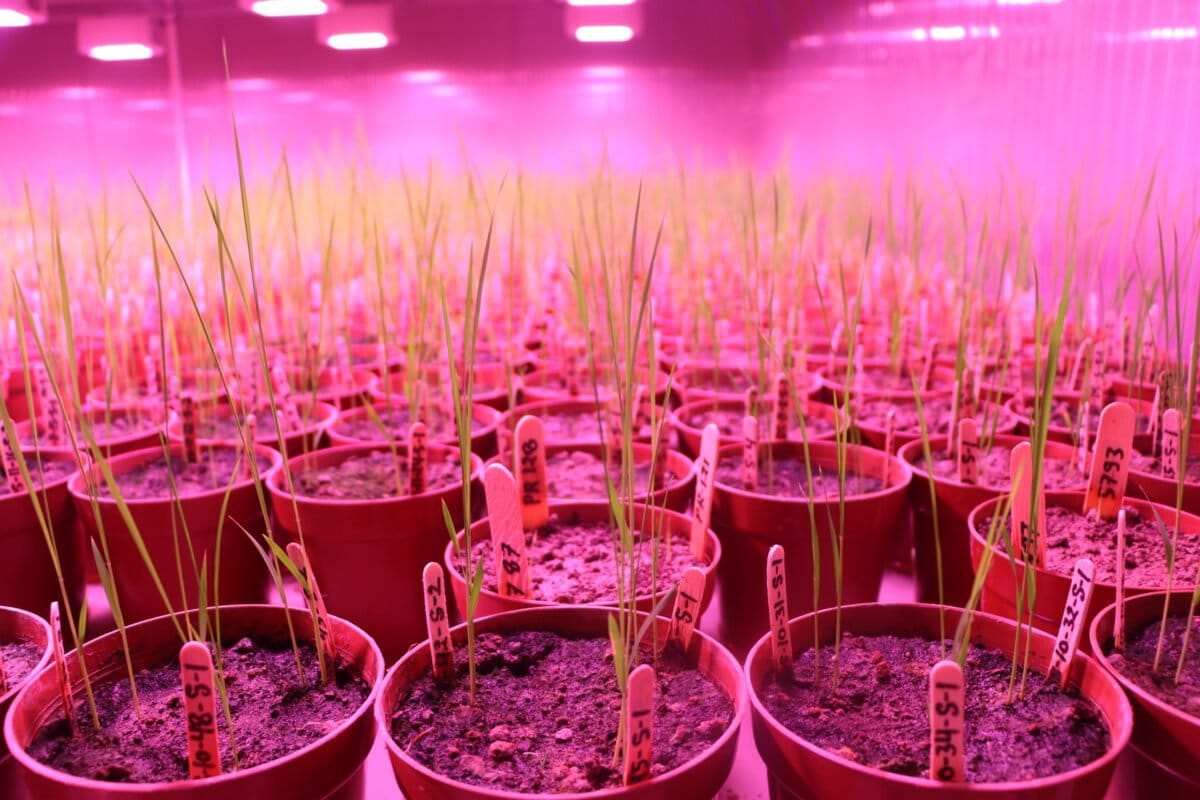- Meenangadi gram panchayat in Kerala is on a journey to become a carbon neutral panchayat, one of the first in India.
- Through mitigation and adaptation activities at the local level, the aim is to balance the greenhouse gas emissions and sequestration within a quick time span.
- The local governance body is working with state government, citizens’ groups and Thanal NGO to develop innovative climate actions.
In the mountainous district of Wayanad in Kerala, the Meenangadi grama panchayat has launched a process for turning their area carbon neutral. The measures, planned and implemented by the local self-government body, the Kerala government, citizens’ groups and Thanal (an NGO), aim to promote greenhouse gas mitigation by measures such as waste segregation and management, and carbon sequestration through tree plantation.
To encourage the villagers to protect the saplings that they have planted, innovative financial incentive schemes such as tree mortgaging, are being tried out so that there is an income flow even at a time when the trees are young.
On household waste management, Meenangadi is turning to the tried and effective method that Kerala has adopted across the state, where women self-help group members collect plastic wastes from households once every month. These wastes are then segregated, and recycled.
At a time when the Second Working Group of the Sixth Assessment of the Intergovernmental Panel on Climate Change (IPCC AR6-WG2) has predicted increasing impact of climate change on ecologically sensitive areas of India, the Meenangadi experiment could be showing a way forward on community-led climate action.
Read more: Net zero debate: Where do Indian states stand on the decarbonisation pathway?













